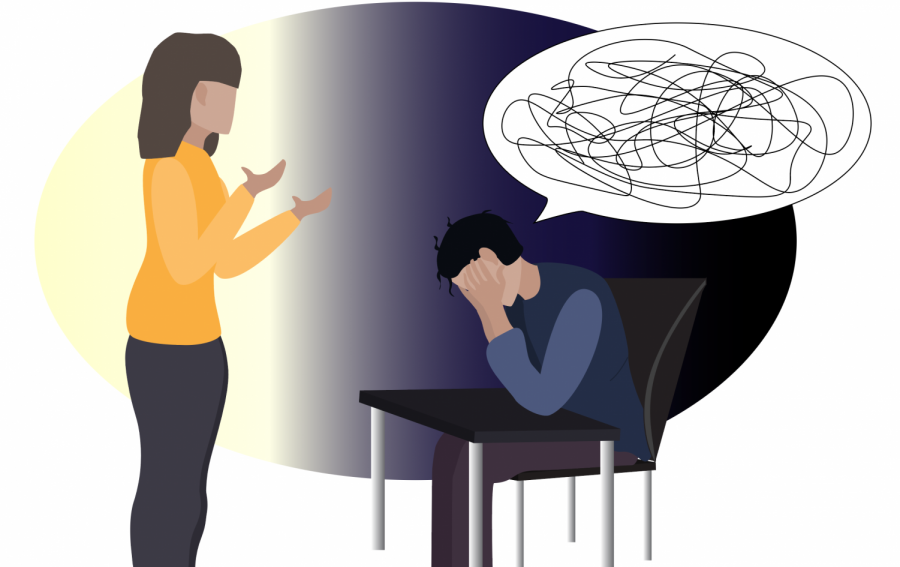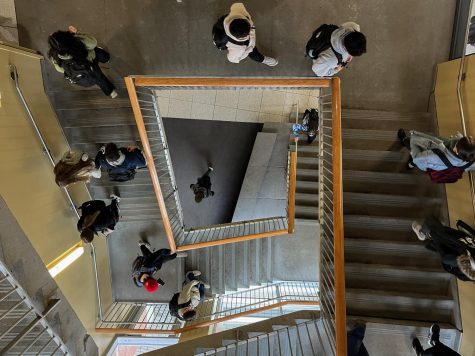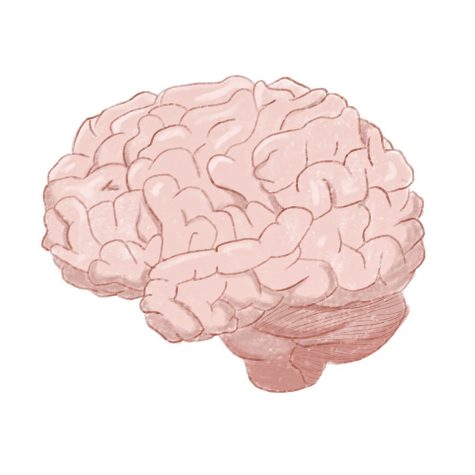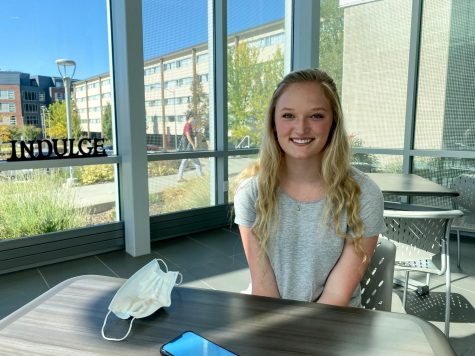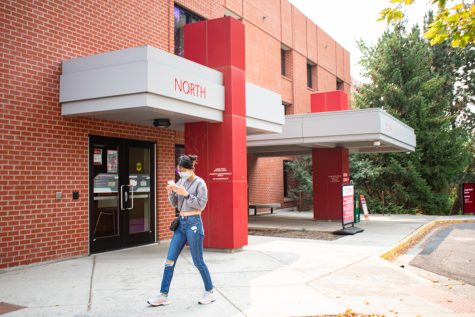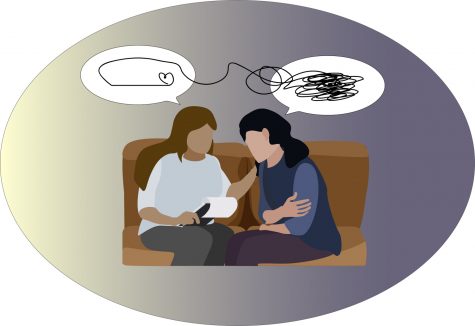Network provides resources for students
Program is important for student, faculty safety; person who submits referral works with office to support student
Anyone who is concerned about a student or other WSU affiliate can submit a referral through the Student Care Network.
September 30, 2021
Faculty, staff and others can refer anyone they are concerned about to the Student Care Network, a program designed to provide resources for WSU students.
Students can exhibit a variety of behaviors that urge someone to make a referral, according to the Student Care Network website. This could include disruptive classroom behavior, physical and mental health concerns, threatening behavior or showing suicidal signs.
If students are struggling with fundamental needs like housing, food or hygiene items, the Student Care Network can help them find resources, said Karen Fischer, associate dean of students.
When someone submits a Student Care Network referral, it is sent to the Office of the Dean of Students and/or the office that supports students in the location where they are enrolled, she said.
The office that receives the request will reach out to the person who submitted the referral. The office will get more information and discuss what resources might benefit the student, Fischer said. Lastly, the office and the person who submitted the referral will talk about the best approach to notify the student.
“Our goal is not to cause additional distress for someone who’s in distress or [who] someone believes might be in distress,” Fischer said. “We want to provide support in a way that’s useful.”
There are a variety of different resources that can be recommended to students through the network, Fischer said. These include being referred to Counseling and Psychological Services, the Access Center, the student’s academic adviser, the Academic Success and Career Center or an academic success coach.
All referrals the office makes are completely optional. This means the student does not have to participate in any of the resources if they do not want to, Fischer said.
“We might invite the student to meet with us and share information about support resources, but that’s an invitation,” Fischer said.
Kimberly Vincent, scholarly associate professor of mathematics, used the program before the Student Care Network, which was called the AWARE network. In one of those instances, Vincent said she reported one of her students was suicidal for the second time.
Vincent told that student she would be making the referral so the student was not blindsided. Vincent said she got a response with some resources to pass on to the student.
“I think it’s an important program for students’ safety and for faculty safety,” she said.
Sharing information can be helpful for students, even if they do not respond to outreach, Fischer said.
“The goal is to have more referrals — Cougs care for Cougs,” Fischer said. “We want folks to reach out for help.”

